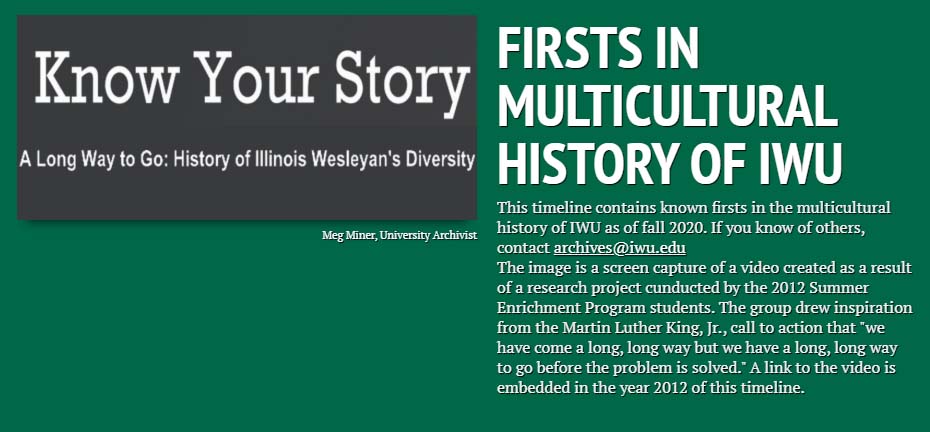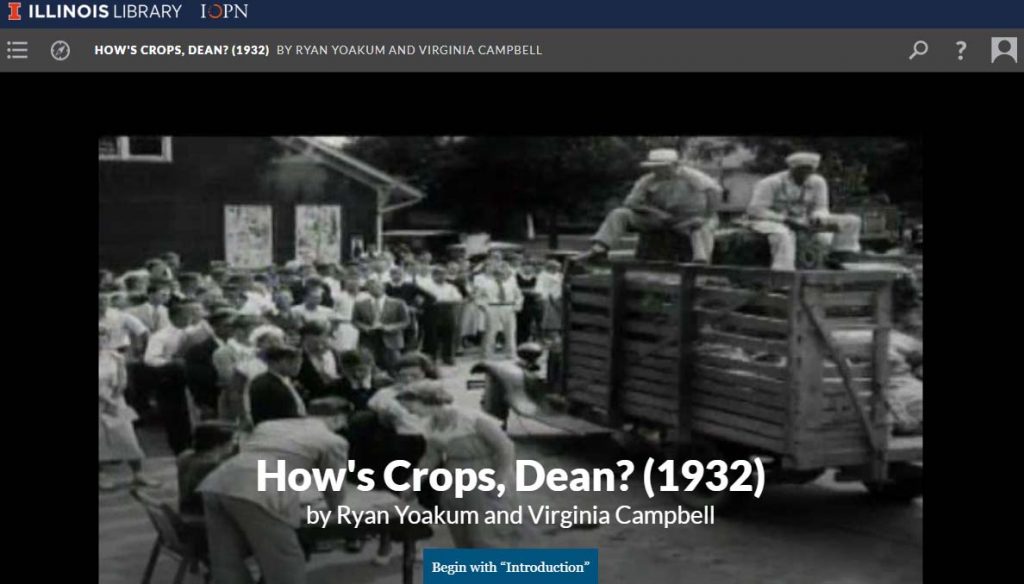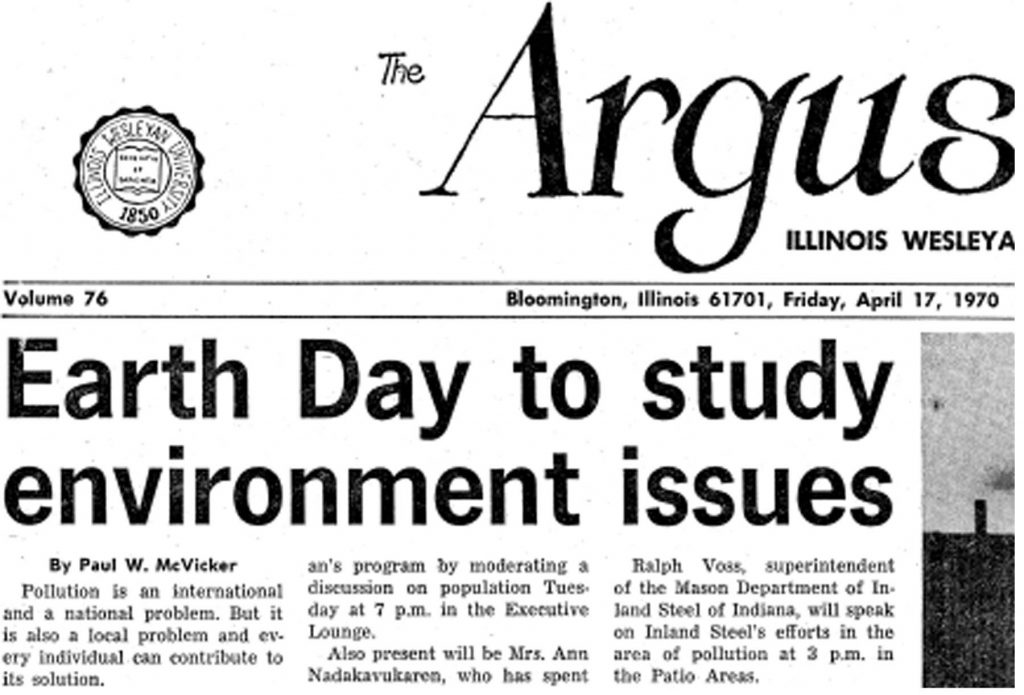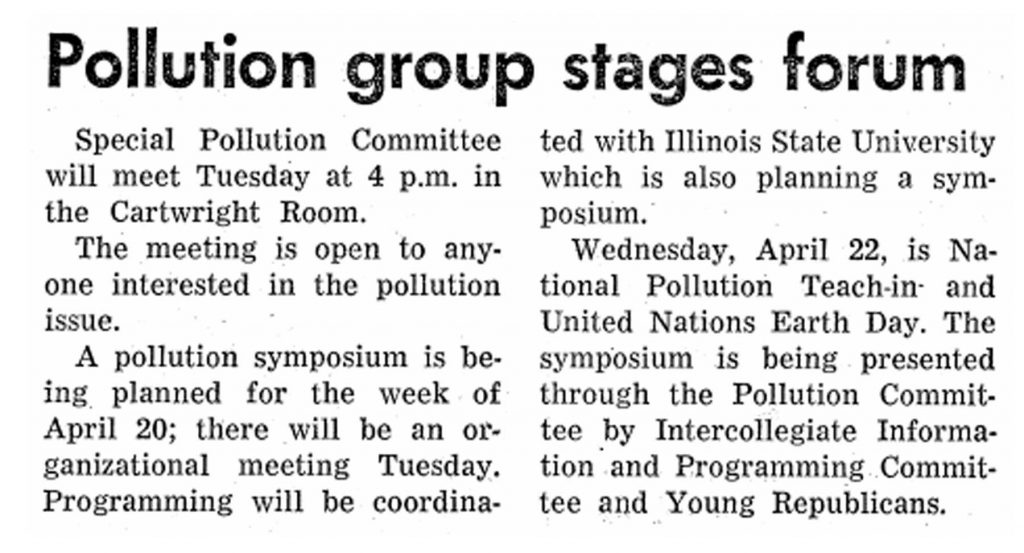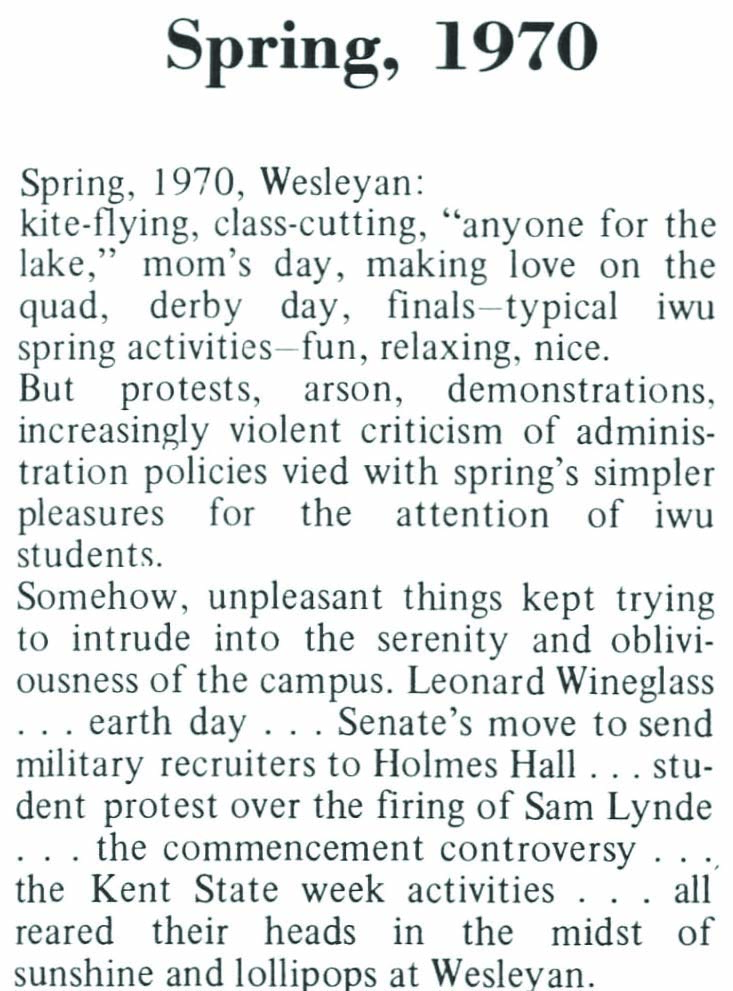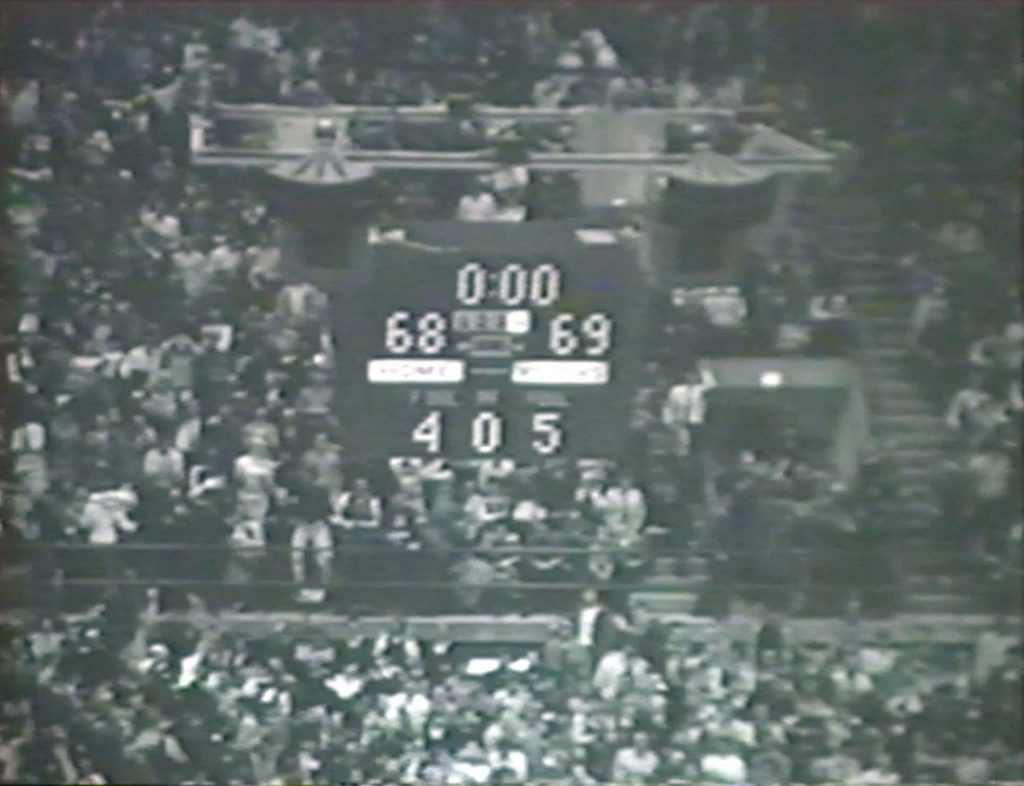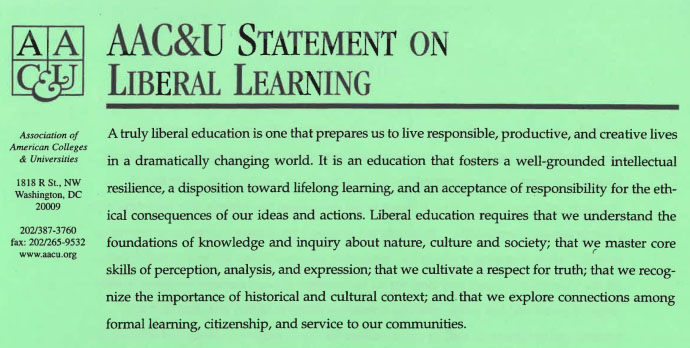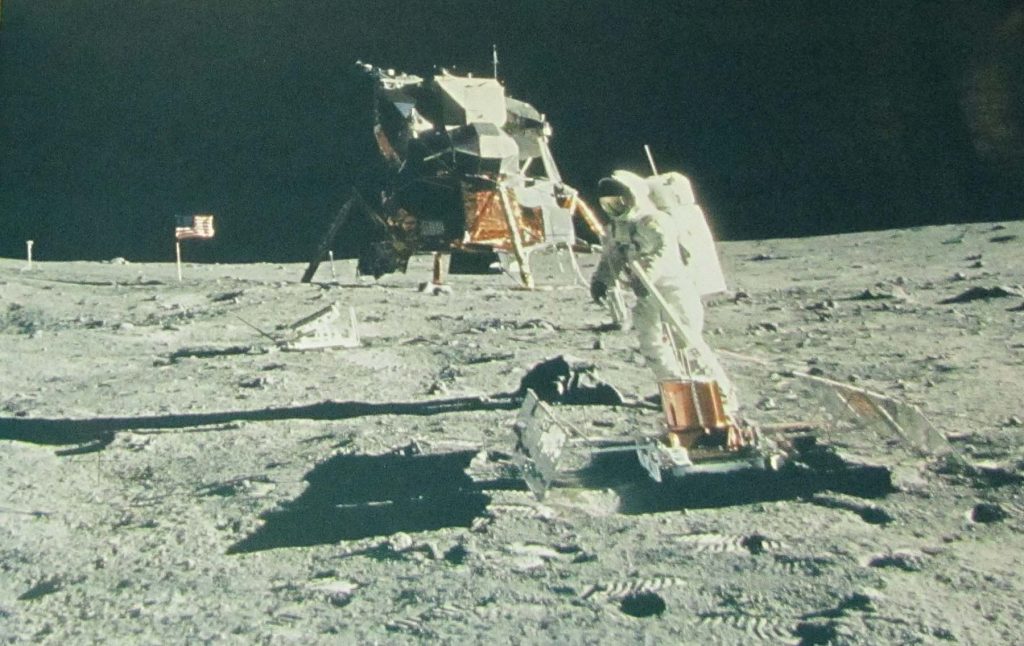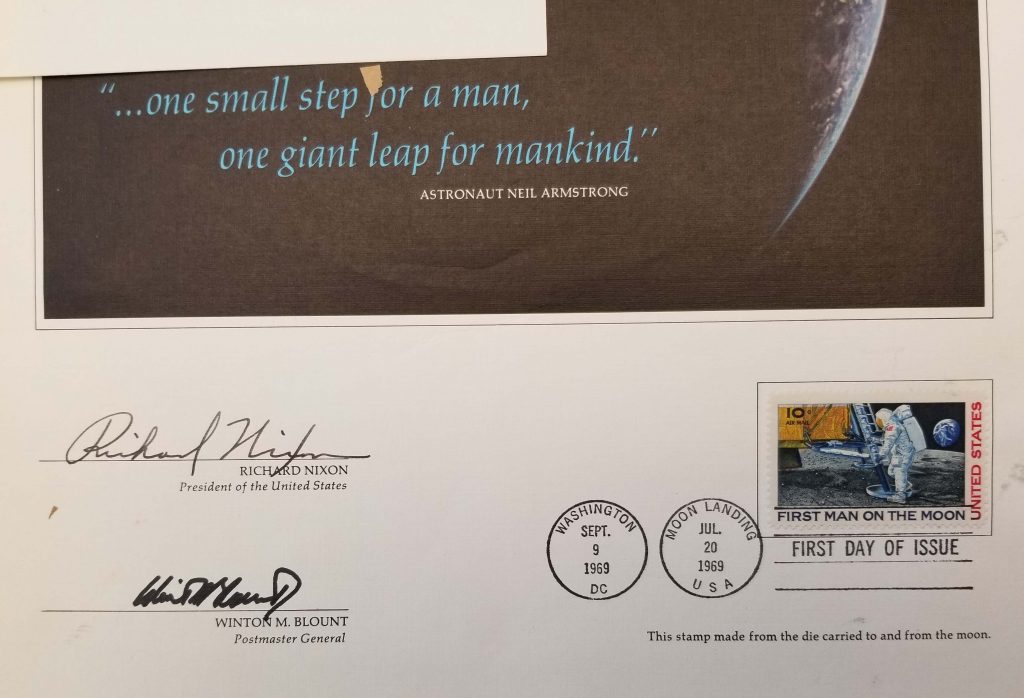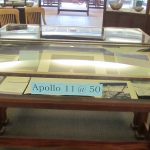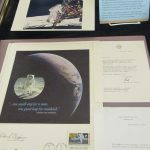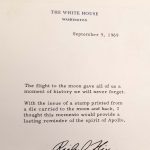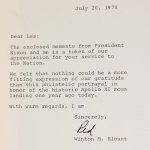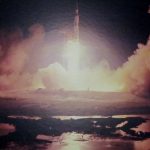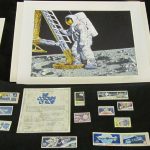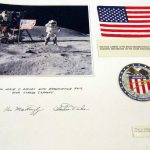Within The Ames Library’s 4th floor department called Tate Archives & Special Collections are thousands of unique materials and all are available to benefit people in the IWU and surrounding communities.
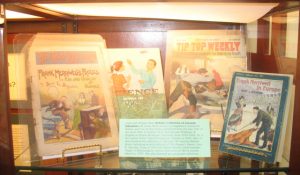
Selections from the Schultz Juvenile Literature Collection (Click to enlarge)
This image shows selections of from the Schultz Collection of Juvenile Literature. The link opens a pdf that lists the titles comprised in this uncataloged collection of magazines, textbooks, fiction, and non-fiction works published from the late-19th to the early-20th Centuries (24 linear feet).
The books pictured are, from left to right: “Frank Merriwell’s Frolics or Fun and Rivalry at Fardale”, “Science in Your Life”, “Tip Top Weekly, The ideal publication for the American Youth”, and “Frank Merriwell in Europe.”
The collection is named for two people:
1) W.E. Schultz, who was Professor of English at Illinois Wesleyan University from 1934-1964. He is the author of the “Alma Wesleyana,” written in 1935, and sung at every major campus convocation. Schultz also donated his collection of 18th and 19th century British plays, including several editions of The Beggar’s Opera. (All of the books in this collection are cataloged.)
2) Professor Schultz’s daughter, June E. Schultz, Class of 1944 and Alpha Gamma Delta member, who taught in Bloomington, Illinois and received IWU’s Loyalty Award in 1995. She also donated an autograph collection.
The items displayed in these posts are just a small portion of the kinds of materials found in Tate Archives & Special Collections. These collections are in a variety of languages and formats (artifact, book, manuscript, and media) and creation dates range from the 11th-21st centuries. Some collections are completely described and identified and some have yet to be thoroughly organized or examined.
Although many holdings do have a direct connection to the University, many are distinct and unrelated to the others such as the supporting materials for research on the people who created and collected the pottery and basketry items displayed in the entry level rotunda.
Curious minds seeking inspiration for creative works and original research are welcome to stop by and explore the possibilities!
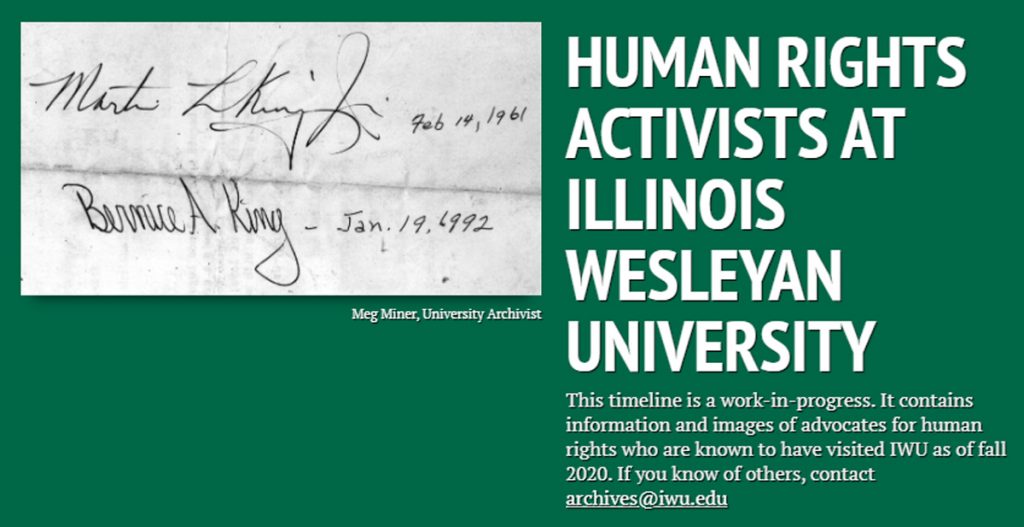 For quite some time I have marveled at all the prominent human rights speakers who have visited campus. I’ve done physical exhibits in the library on this topic but have also wanted to be able to share this information online and, hopefully, reach a wider audience. This timeline contains a compilation of my research on the topic.
For quite some time I have marveled at all the prominent human rights speakers who have visited campus. I’ve done physical exhibits in the library on this topic but have also wanted to be able to share this information online and, hopefully, reach a wider audience. This timeline contains a compilation of my research on the topic.

